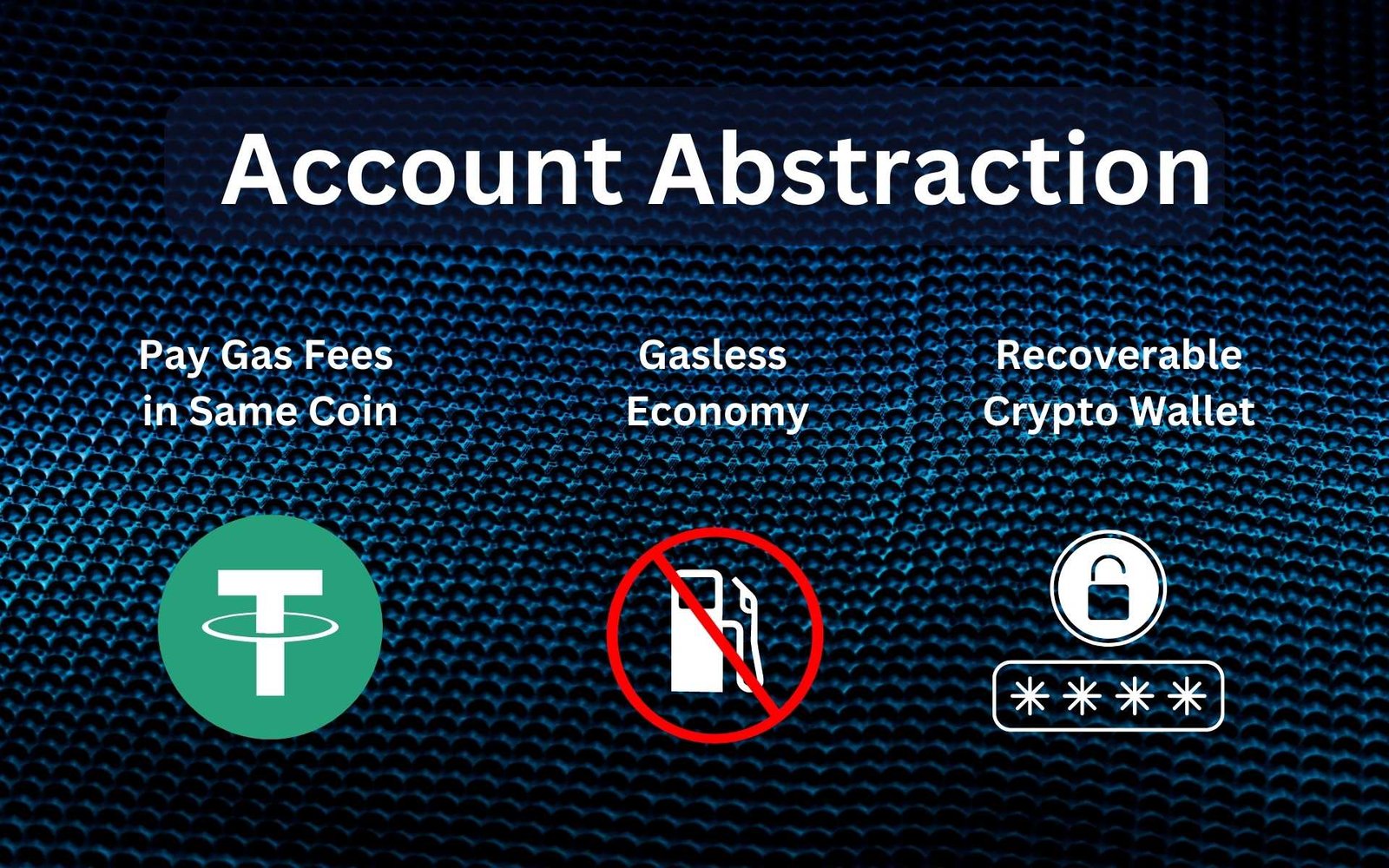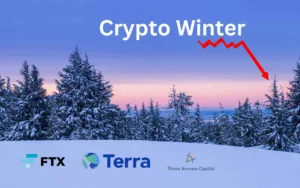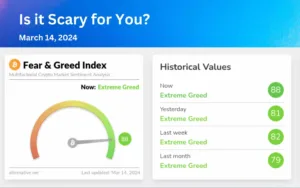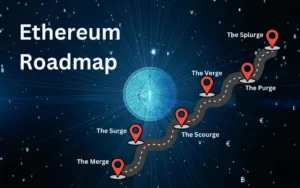This article explores the topic of Account Abstraction and how it will solve several core issues in blockchain user experience such as paying gas fees and recovering lost accounts. I have also added a personal experience during my own initial days with blockchain and crypto.
If you have ever transacted ERC-20 tokens, you might know that you will have to keep some ETH to cover your gas fees. This makes it difficult to account for expenses as a single transaction happens on two different coins. This is true for all blockchains such as Tron, Solana, BNB Chain and others. Sending tokens on these blockchains is possible only when you have the native cryptocurrency to cover for gas fees.
Account abstraction will solve this issue and will make you able to pay gas fees using the same ERC-20 token that you are sending. Further, it will add features like Biometrics to the user wallets. But let’s first see why do we need it.
Table of Contents
Ethereum Accounts
There are two types of accounts that we have in Ethereum. Here is a small explanation.
Externally Owned Accounts (EOA)
These are accounts/addresses of users of the Ethereum Blockchain. They are controlled by private keys. For example, MetaMask wallet. Once forgot, they are irrecoverable.
Internally Owned Accounts (IOA)
These are accounts/addresses of smart contracts. They are also known as Contract Accounts and they do not have a private key. They are controlled by pre-programmed code. For example, the ETH 2.0 Deposit Contract.
Current Problems That Account Abstraction Can Solve
Account Abstraction can solve multiple problems in Web3 besides just UX.
Gas Fees in Same Crypto, No Need to Buy ETH or TRX
Currently several projects exist on Ethereum that are very valuable ones. USDT is one such example.
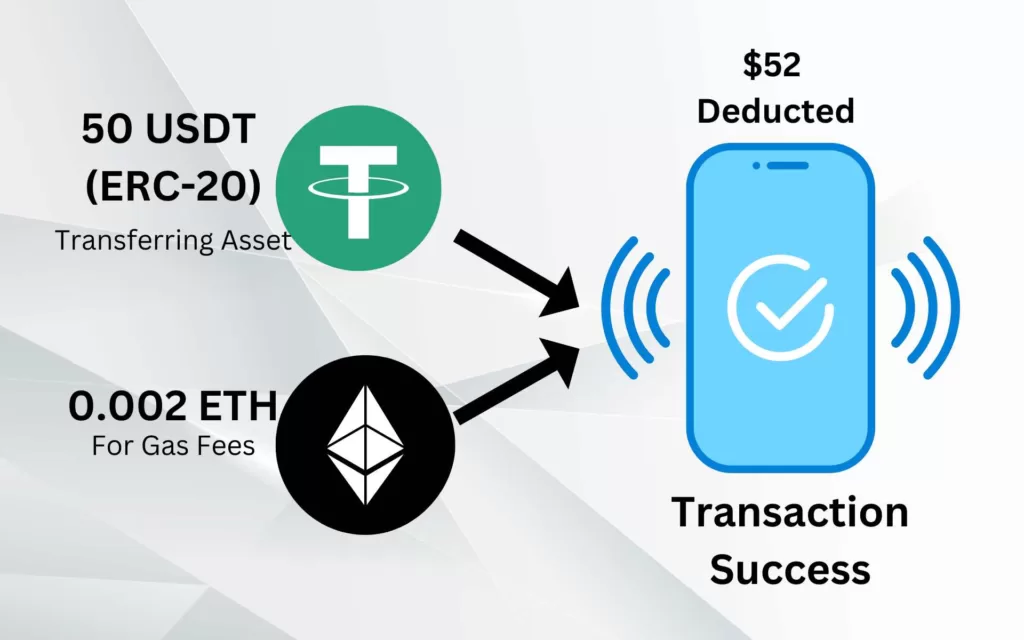
If I try to send USDT, I would need to keep additional ETH to pay for gas. Now, If I do not have ETH, I need to buy it from an exchange with credit or debit card or swap some USDT and lose money in transaction fees in both cases. This is true for many of the 1.8 Million+ cryptos that do not exist on their own blockchain.
Account abstraction can help pay gas fees in the same crypto that you are transacting. For example, if you are sending 50 USDT (ERC 20), you will have to pay 52 USDT as compared to 50 USDT and 0.00x amount of ETH.
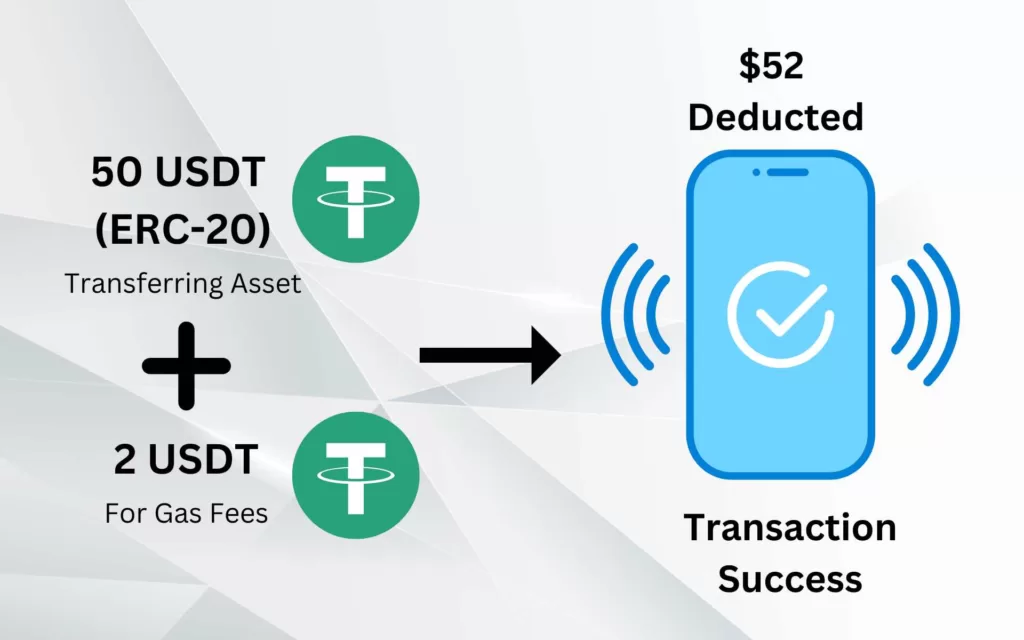
Gasless Economy

A gasless economy is a system where the platform owner or project itself pays for the transactions so that users of the platform do not have to pay for gas.
Account abstraction can help platform owners pay gas fees in bulk and would not require each transaction to pay gas fees separately.
Lost Passwords

We all know about people who have lost their crypto wallet passwords or private keys and have permanently lock their funds.
When I Had My $55 Stuck on Tron
During my early times when I received my first pay for writing a few articles on blockchains, I received USDT 55 as TRC-20 coins on my Trust wallet. Since, I had no knowledge of having to pay gas fees in Tron, I felt my coins were as good as gone.
Only after 6 months when I bought some Tron unknowingly, I saw that the USDT transaction was now showing that it can go forward.
This might seem like a silly mistake to a professional Dhirendra but from a point of view of a beginner, account abstraction could help me very much.
Impact of Account Abstraction on Security
Since Account Abstraction seeks to bypass the consensus mechanism which is responsible for the security of blockchains, it poses certain account risks. However, they can be addressed with alternate methods such as Biometrics, or Soulbound Tokens.

